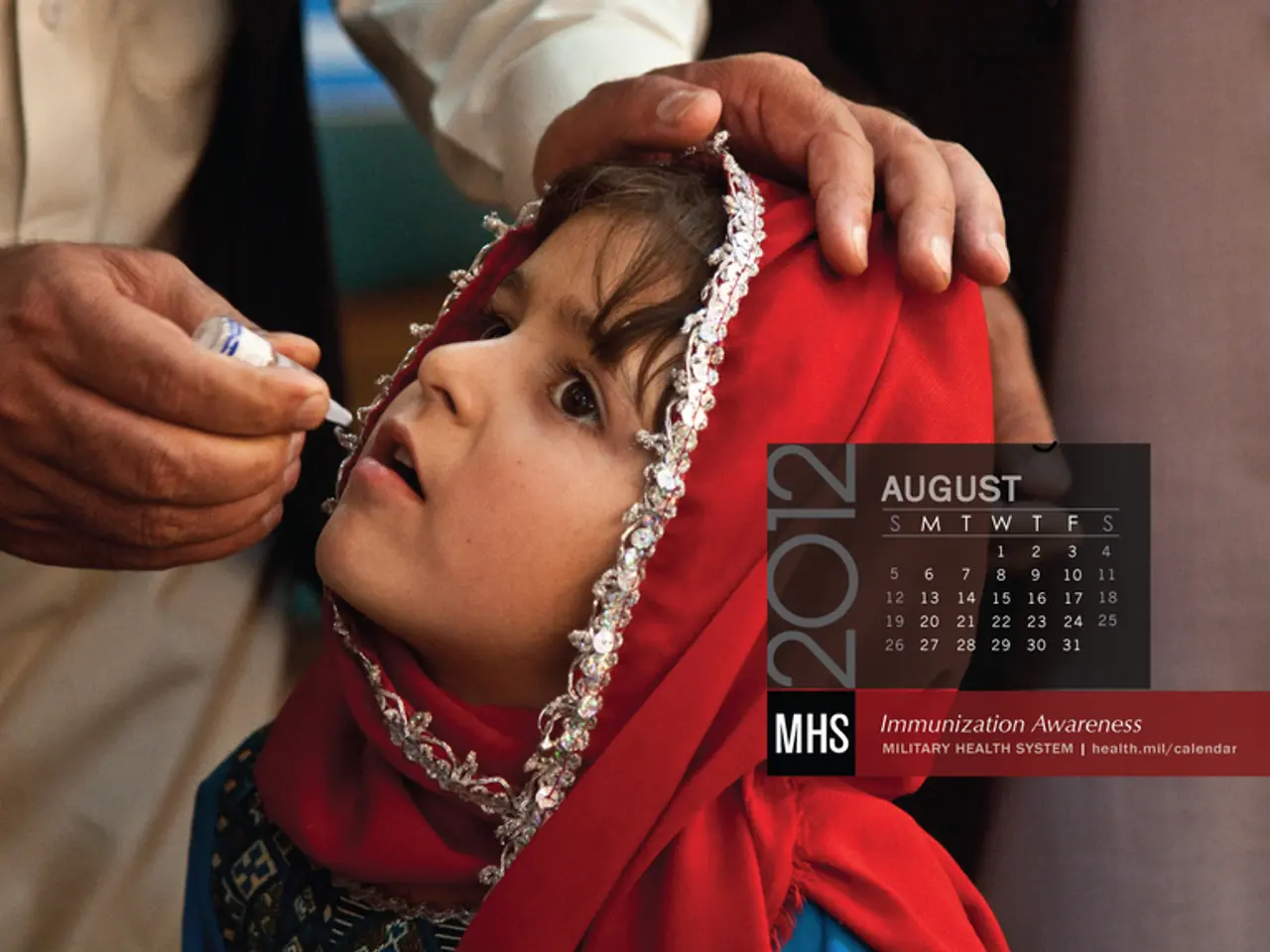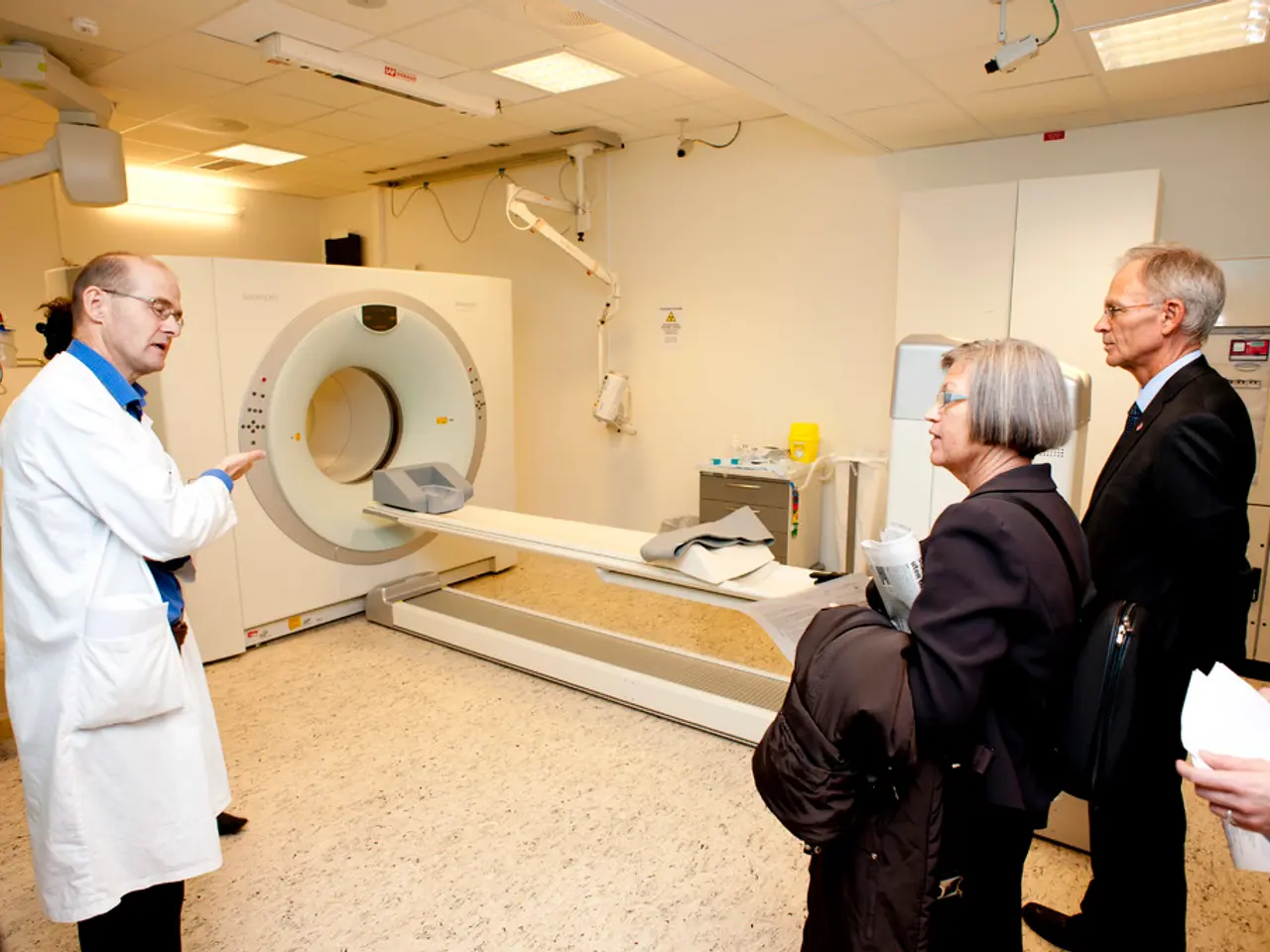Online Course Focusing on Single-Cell Analysis in Cancer Biology
The upcoming webinar series, "Single-Cell for Cancer Biology ONLINE", will delve into the latest impact of single-cell methodologies on cancer research. The series, scheduled for 11th, 18th, and 25th April 2024 at 3pm BST / 4pm CET / 10am EST, promises to highlight groundbreaking advancements that are reshaping the landscape of cancer research.
The series will kick off with Webinar 1, titled "Single-Cell Epigenetic Integration for Exploring Cancer Cell Dynamics". Kimberly Glass, Assistant Professor at Brigham and Women's Hospital and Harvard Medical School, will speak in Talk 1. The webinar will cover the uses of single-cell epigenetic technology to understand gene regulatory networks and epigenetic deregulation in cancer biology. Judith Zaugg, Group Leader at EMBL Heidelberg, and Mei-Ju (May) Chen, Senior Post-Doc Bioinformatician at DKFZ Heidelberg, will also speak in Talk 1 and Talk 2 respectively.
The second webinar, on 18th April, will focus on single-cell omics methods for resolving cancer cell heterogeneity. Mirjana Efremova, Lecturer and Group Leader at Queen Mary University London, will discuss single-cell metabolomics for breast cancer to identify cancer subtypes and subclusters in Talk 1. Lindsay LaFave, Assistant Professor at Albert Einstein College of Medicine, will dissect phenotypic heterogeneity in lung cancer in Talk 2.
The final webinar on 25th April will highlight strategies for successful single-cell and spatial transcriptomics experiment planning. Meryam Beniazza, Single-Cell Multi-omics Specialist at The University of Edinburgh, will lead the discussion. Annalisa Occhipinti, Associate Professor at Teeside University, and Jordan Krull, Post-Doctoral Research Scholar at the Pelotonia Institute for Immuno-Oncology, Ohio State University, will also speak in the series.
By registering for the webinar series, participants will receive a thorough update on the latest single-cell advancements for understanding and acting on tumour heterogeneity. The series will showcase examples of best-in-class single-cell sequencing data to improve the understanding of cancer characteristics.
Single-cell sequencing has become a staple methodology for medical research, with a significant focus on cancer biology. The series features a roster of 9 world-leading experts in single-cell and cancer biology, promising an informative and engaging series for all participants. Registering for one webinar in the series automatically registers participants for all subsequent webinars.
References: [1] Toti-N-Seq Technology: https://www.nature.com/articles/s41587-022-01324-0 [2] Computational Analysis Improvements (SeuratExtend): https://www.nature.com/articles/s41587-022-01272-z [3] Multi-Omics and Real-Time Analysis: https://www.nature.com/articles/s41587-022-01365-0
- The series, "Single-Cell for Cancer Biology ONLINE," will explore the impact of single-cell methodologies on cancer research, with a focus on groundbreaking advancements in molecular biomarkers and genetic sequencing.
- Webinar 1 will delve into the use of single-cell epigenetic technology to understand gene regulatory networks and epigenetic deregulation in cancer biology.
- Single-cell omics methods will be discussed in the second webinar to resolve cancer cell heterogeneity, with a focus on breast and lung cancer.
- The final webinar will emphasize strategies for successful single-cell and spatial transcriptomics experiment planning.
- By registering for the webinar series, participants will gain insights into the latest single-cell advancements for understanding and acting on tumour heterogeneity in the context of cancer and medical-conditions.
- The series will showcase examples of best-in-class single-cell sequencing data to improve the understanding of cancer characteristics in health-and-wellness research, featuring a roster of 9 world-leading experts in single-cell and cancer biology.




